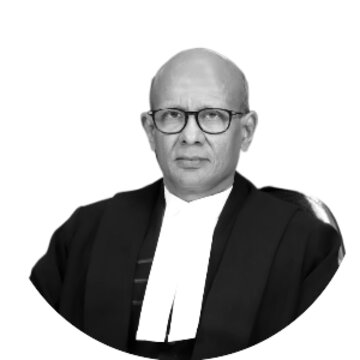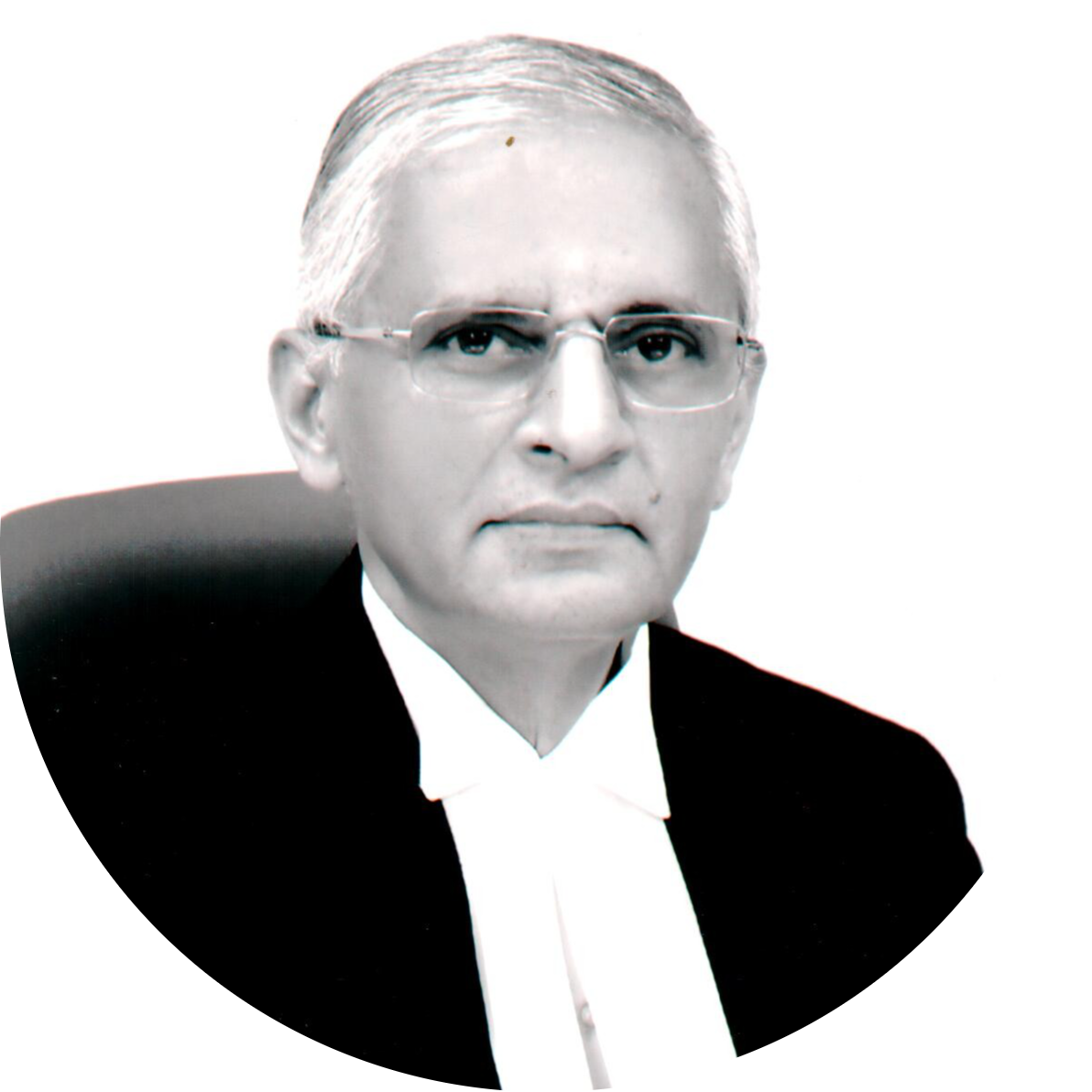Supreme Court: In appeals concerning the issue of acceptance of change reports in relation to the Vahiwatdar (Administrator) and Trustees of Shri Mallikarjun Devasthan, Shelgi, a Public Trust, the division bench of A.S. Bopanna and Sanjay Kumar*, JJ. while setting aside the impugned judgment, opined that the High Court adopted a hypertechnical approach by attaching so much importance to the delay in the submission of the first Change Report, though it was a curable defect. Further, the Bench held that when failure to file a Change Report would not be fatal, the delay in filing a Change Report cannot automatically impact the assumption of office by a Vahiwatdar of a Trust.
Background:
The Bombay High Court invalidated the acceptance of Change Reports in relation to the Vahiwatdar (Administrator) and Trustees of Shri Mallikarjun Devasthan, and remanded the matters to the Deputy Charity Commissioner, Solapur Region, for consideration afresh. Hence, these appeals were filed. No interim orders were passed by this Court, and the orders of remand have not been acted upon owing to the pendency of these cases. Further, in terms of the High Court’s directions, the Vahiwatdar and the Trustees, whose names were already entered in the records, are continuing to administer the Trust as on date.
By application dated 26-05-1952, Mallikarjun Mahalingappa Patil (‘Mallikarjun’) applied for registration of Shri Mallikarjun Devasthan, Shelgi, as a Public Trust, under Section 18 of the Bombay Public Trusts Act, 1950, now known as Maharashtra Public Trusts Act, 1950 (‘Act, 1950’) The object of this Trust was the upkeep and maintenance of Shri Mallikarjun Temple. Shri Mallikarjun Devasthan, Shelgi, was accordingly registered as a Public Trust. The mode of succession of managership and trusteeship, was that Mallikarjun was to be the Vahiwatdar of the Trust and the eldest male member of his family was to succeed him. Further, the Vahiwatdar was also empowered to co-opt others, if and when necessary.
Mallikarjun passed away in the year 1992 and his eldest son became the Vahiwatdar of the Trust. Thereafter, he died in 1997 and his brother, the third son of Mallikarjun, took over., as the second son of Mallikarjun, had no interest in taking over as the Vahiwatdar of the Trust. Thus, the third son assumed the role of Vahiwatdar though he was not the eldest male member in the family.
After noting the statutory scheme under the Act of 1950, the Court said that it is incumbent upon the third son to submit a Change Report within the stipulated 90 days, but he did so, long thereafter, on 21-10-2015. He also filed a delay condonation application therewith, stating that he did not file the Change Report earlier by mistake as he was not aware about it.
The Court noted that the Act of 1950 was amended in 2017, whereby a proviso was added in Section 22(1), providing for condonation of delay in the filing of a Change Report. No such proviso was in existence at the time Change Report , 2015 was submitted by the third son. Despite the same, he had filed a delay condonation application therewith praying for condonation of the delay on his part in filing the report.
The Court reiterated that it is not mandatory that a written application be filed seeking condonation of delay, and relief can be granted in that regard even upon an oral request, provided sufficient cause is shown for such delay.
The Court said that the proviso added in Section 22(1) in the year 2017 is merely clarificatory in nature as is evident from the fact that it was ‘added’ in Section 22(1), and it did not bring about any substantive change. Even in the absence thereof, the wording of Section 22(1) of the Act of 1950, as it stood earlier, did not negate the applicability of Section 29(2) of the Limitation Act, 1963, and in consequence, Section 5 of the Limitation Act, 1963, could be invoked for condonation of the delay in the submission of a Change Report.
Concerning the consequence of when a new Vahiwatdar takes over a Trust and he fails to submit a Change Report within the stipulated period of 90 days, the Court said that the provisions of the Act of 1950 do not contemplate automatic invalidation of his assumption of office as the Vahiwatdar of the Trust in such a situation. Once a Trust is registered as a Public Trust under Section 18 of the Act of 1950, it becomes the statutory duty of the authorities concerned to maintain proper records in relation to such Trust, including the particulars of its Administrators and Trustees.
After noting the the statutory scheme, the Court said that failure to file Change Reports would invite penal consequences under Section 66 of the Act of 1950. Continued failure to do so may invite more adverse consequences, as provided in the Act of 1950, but such consequences would flow from the orders passed by the authorities concerned under the relevant provisions and would not stem from such failure automatically.
Therefore, the Court held that when failure to file a Change Report would not be fatal, the delay in filing a Change Report cannot automatically impact the assumption of office by a Vahiwatdar of a Trust. The proviso was added in Section 22(1) of the Act of 1950, enabling the authority concerned to condone the delay in the filing of the Change Report, clearly indicates that such delay is curable and the delay in filing a Change Report would not, by itself, entail non-acceptance or nullification of the changes in the Trust which are sought to be informed to the authorities with delay.
Concerning the contention of the devotees that the Trust is not taking proper care of the Temple, the Court opined that such an issue cannot be a ground for them to challenge the Change Reports relating to the Vahiwatdar and the Trustees of the subject Trust. Separate machinery is provided in the Act of 1950 to address such issues and it is for them to take recourse to such statutory remedies.
Thus, the Court while setting aside the impugned judgment.
CASE DETAILS
|
Citation: Appellants : Respondents : |
Advocates who appeared in this case For Parties(s): |
CORAM :









